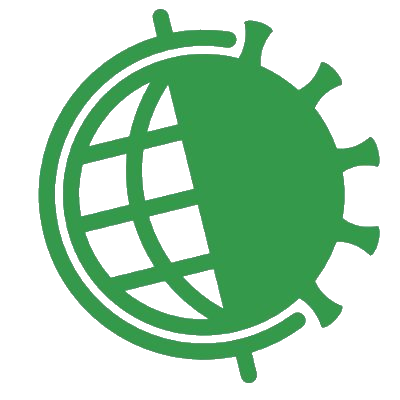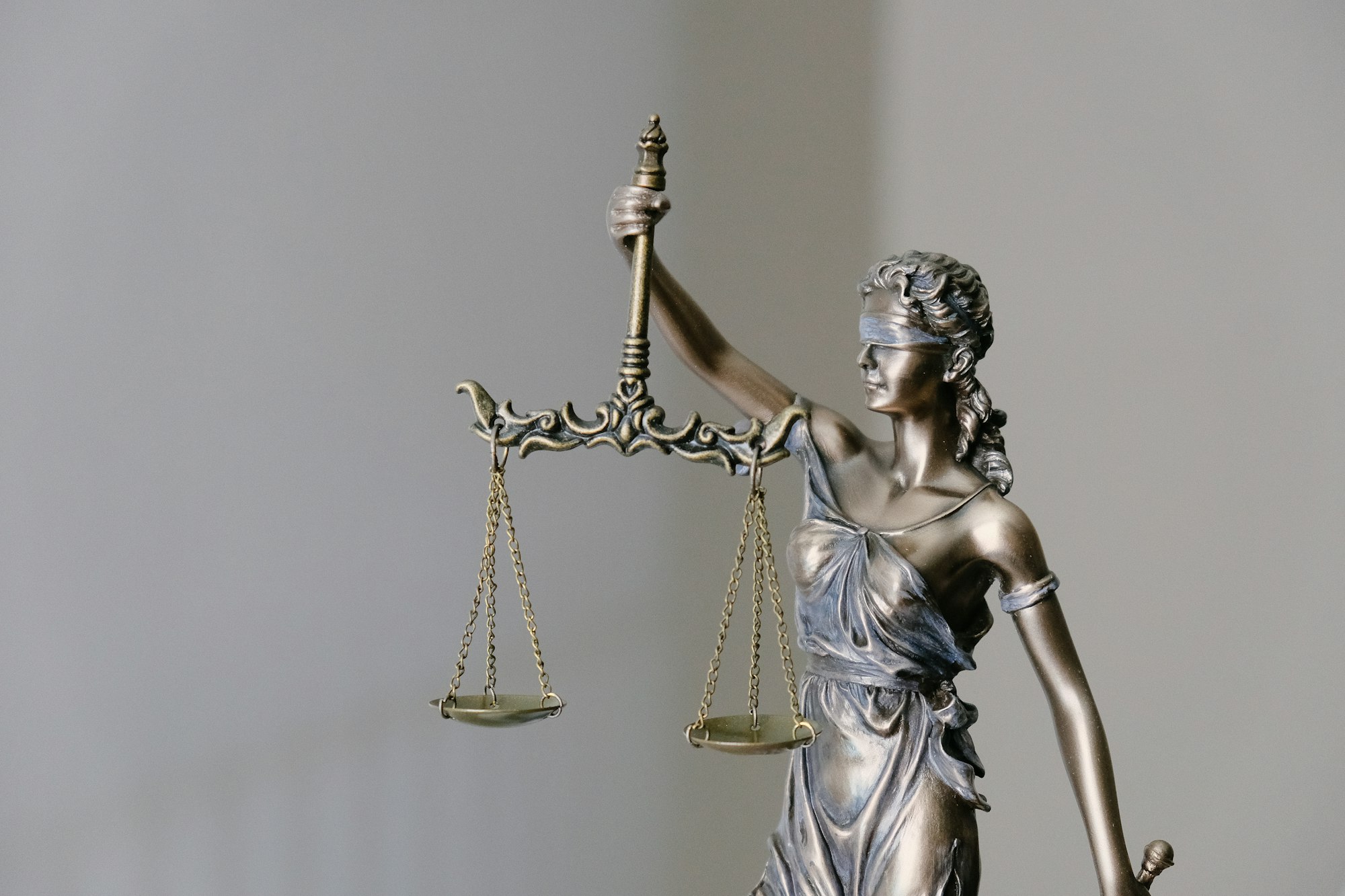By David Mednicoff (external contributor)
In the context of what Larry Diamond has called a global 'democratic recession,' can the rule of law push back on powers that leaders have assumed in the wake of the Covid-19 pandemic? We know that over 110 countries have enacted emergency or other measures during the recent health crisis that restricted civic freedoms. And those of us who appreciate how emergency powers have been used to institutionalize discrimination or curtail basic rights would like to see these powers scaled back. How might the rule of law as a collection of norms and institutional arrangements help this happen?
My skeptical, but not entirely bleak, approach in this brief discussion is to look at the rule of law as a term for a set of underlying norms that, like most political ideals, are subject to robust contestation across time and space. This approach appreciates, but also stands in somewhat harmonious counterpoint, to thoughtful and clear arguments that specifying the rule of law as a set of standards can assess and hold states accountable for their over-reaches of power, such as a 2021 brief by Julinda Beqiraj, Rowan Stennett, and Nyasha Weinberg for the Bingham Center.
The Bingham Center Working Paper suggests that well-defined, 'thick' understandings of the rule of law provide important metrics, against which the comparative legitimacy of government technologies to control the pandemic can be evaluated and critiqued. I share that hope, and particularly appreciate the Working Paper’s detailed articulation of how clarity around definitions and features of the rule at the law can be helpful in gauging the particulars of what governments have done under Covid-19.
At the same time, legalist strategies of delineating lines that might press officials to conform to detailed and robust metrics of the rule of law run up against two major axes of political tension that follow from the contestability of legal values, and some of my own prior research. First, the more specific and elaborate our delineation of the rule of law, the less likely it is to correspond to the views of diverse citizens within and across a wide range of societies. Second, and related to this, leaders interested in maximizing their own power will use the inevitability of ambiguous citizens' conceptions of the rule of law to support their own frequent efforts to define their actions as consistent with the rule of law, even when they violate what seem to knowledgeable observers to be clear political limits or citizen rights.
In short, the rule of law’s inherent subjectivity and contestability don’t disappear, even amid thoughtful jurists’ efforts to clarify or sharpen its specificity or applicability to contemporary Covid-19 politics. Moreover, leaders are increasingly bold about resisting naming and shaming pressures to conform to legal standards, through framing their own versions of these. Therefore, it is important to consider supplemental ways of understanding and pushing back against leaders’ increasing tendencies to centralize and consolidate their power.
Covid-19 raises this problem clearly, because it has allowed governments to invoke emergency powers that, by their nature, blur precise boundaries of what leaders can and cannot do legally in more normal circumstances. Because emergency powers extend political control, leaders are loathe to end emergencies, as the Covid-19 crisis has illustrated. Indeed, the tendency of emergency powers, once invoked, to remain in place during Covid-19, and even before, is part of a trend in which many rulers no longer feel the need to pretend that they care about democratic norms anymore. Perhaps ironically, in the case of the United States, emergency powers have even been assumed to combat the restriction of human rights in other countries, which, of course, often happens as a result of states of emergency.
Confronted with the three challenges of Covid-19, the broader trend of declining global democratic accountability, and perceived benefits from autocratic rule of efficiency in times of crisis, rule of law legal tools have fleeting success in pushing back over-reaches of political success. After years of litigation, the European Court of Justice ruled in early 2022 that Hungary and Poland could have some European Union funding cut off because of those Member States’ derogation from EU standards of legal protection and political accountability. Yet, one leading expert argues that the ruling is 'too little, too late,' and will matter most if it encourages strong economic penalties against the two countries’ wealthy elites.
How else might the rule of law temper excess political power, so prevalent since the Covid-19 pandemic? Understanding the cultural context of contestation around the rule of law in particular societies not only illuminates legalism’s diversity and complexity. It can help activists and practitioners situate technical legal issues in broader sociocultural politics.
Appreciating legalism’s cultural context entails asking several questions. What frames around justice are prevalent and compelling in particular societies? How do these frames intersect with ideas about the rule of law that are promulgated by jurists and rights advocates? How do the politics of legalism and rights promotion (and perceptions within a society of external or neocolonial interference) hamper efforts to popularize understandings of the rule of law? How might answers to the above help activists inside and outside of a particular society push back against leaders’ assumptions of extraordinary powers?
By thinking about these questions on the rule of law in terms of sociopolitical contestation within particular societies, informal norms come to the foreground, such as ideas of fairness and justice, which are not controlled only by governments and legal systems. Foregrounding these norms can help legal activists, both external and internal to a society, call autocrats to task in broader policy failure terms.
With respect to the Covid-19 crisis in particular, several developments might be noted that hold at least some medium-run prospects for challenging many governments’ increasing tendency to accumulate power and use it repressively. These three developments are 1) the pandemic’s focus on the importance of scientific expertise; 2) its reminder of the challenges of providing and even defining equity; and 3) its highlighting the undeniable interdependence of today’s most pressing global problems.
Each of these three areas have been sites of contestation and debate that critique and shine a light on the inadequacies of autocratic flouting of legally-prescribed limits of power in the past few years. This is particularly evident with respect to health experts. Their impact during the pandemic includes available metrics that show government failure, and may correlate with specific ways that power consolidation might have undercut robust debate around responses or social consensus around citizen behavior that could have decreased the pandemic’s impact.
The democratic recession is at a frightening moment, in which autocrats aren’t pretending anymore to care about political rights and legal limits on their power. At such a time, emergency powers invoked to fight the Covid-19 pandemic are but one of many techniques that power-maximizing leaders deploy to enhance their control over their citizens. Rule of law tools to combat autocratic power should therefore also be numerous. Asserting how leaders under Covid-19 have departed specifically from thick criteria of the rule of law promulgated by international organizations, legal experts, and political theorists is one such tool. Others are situating rule of law discourse in normative discussions specific to individual societies, and connecting rule of law norms to broader aspects of political contestation. Seeing the rule of law through multiple analytical frames and as dynamically contested within and across polities offers some hope to counter growing autocratic practices that have only intensified in the wake of the very real emergency that Covid-19 has represented.
TWEET
